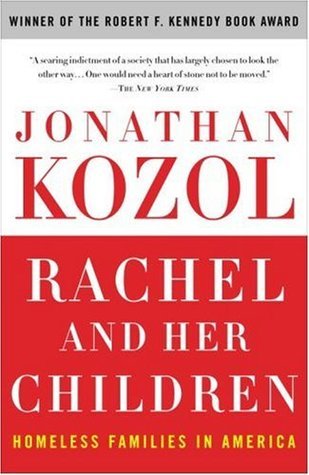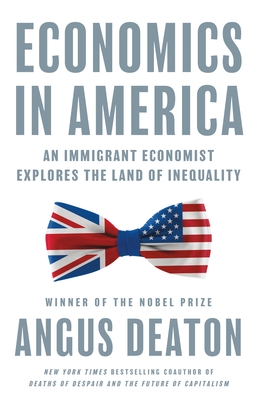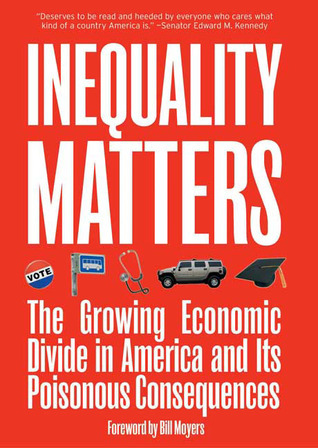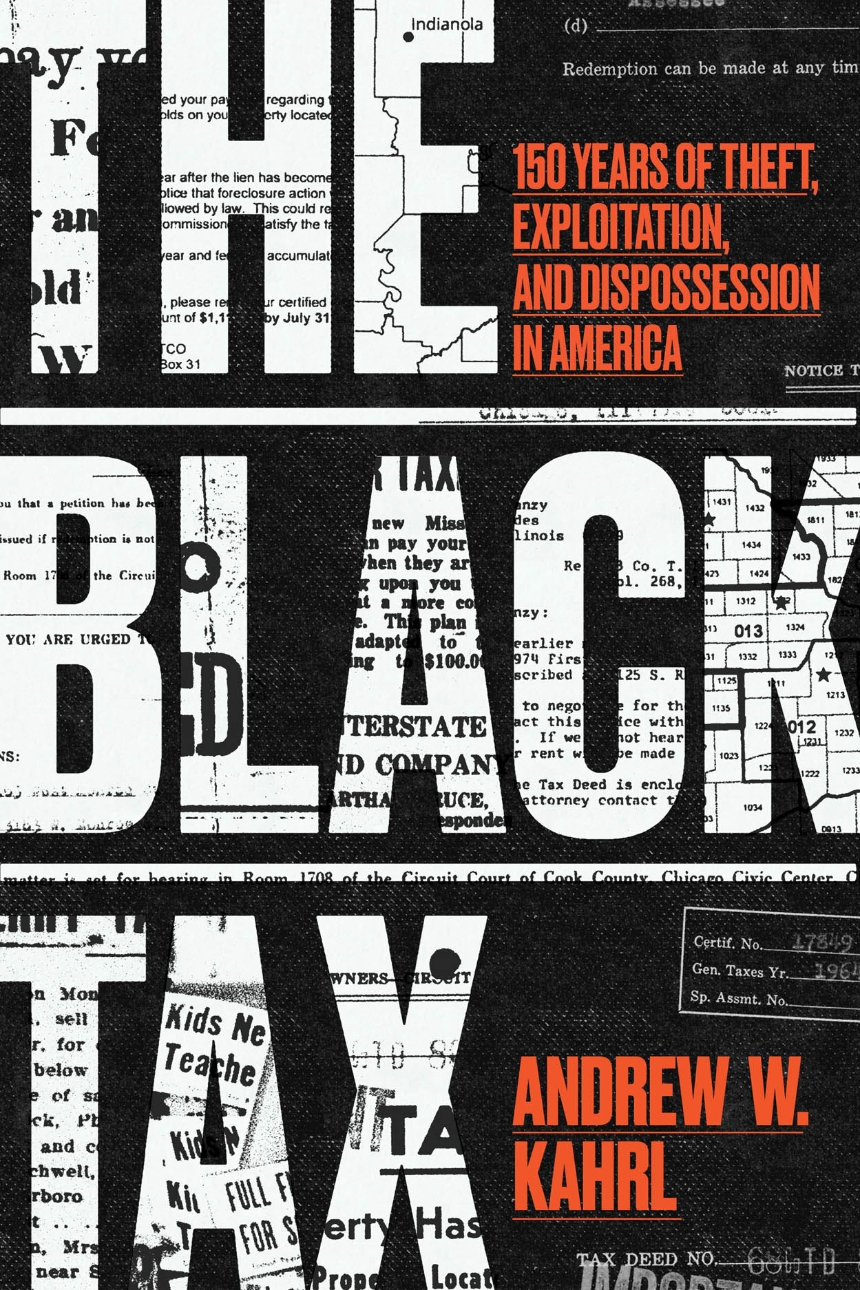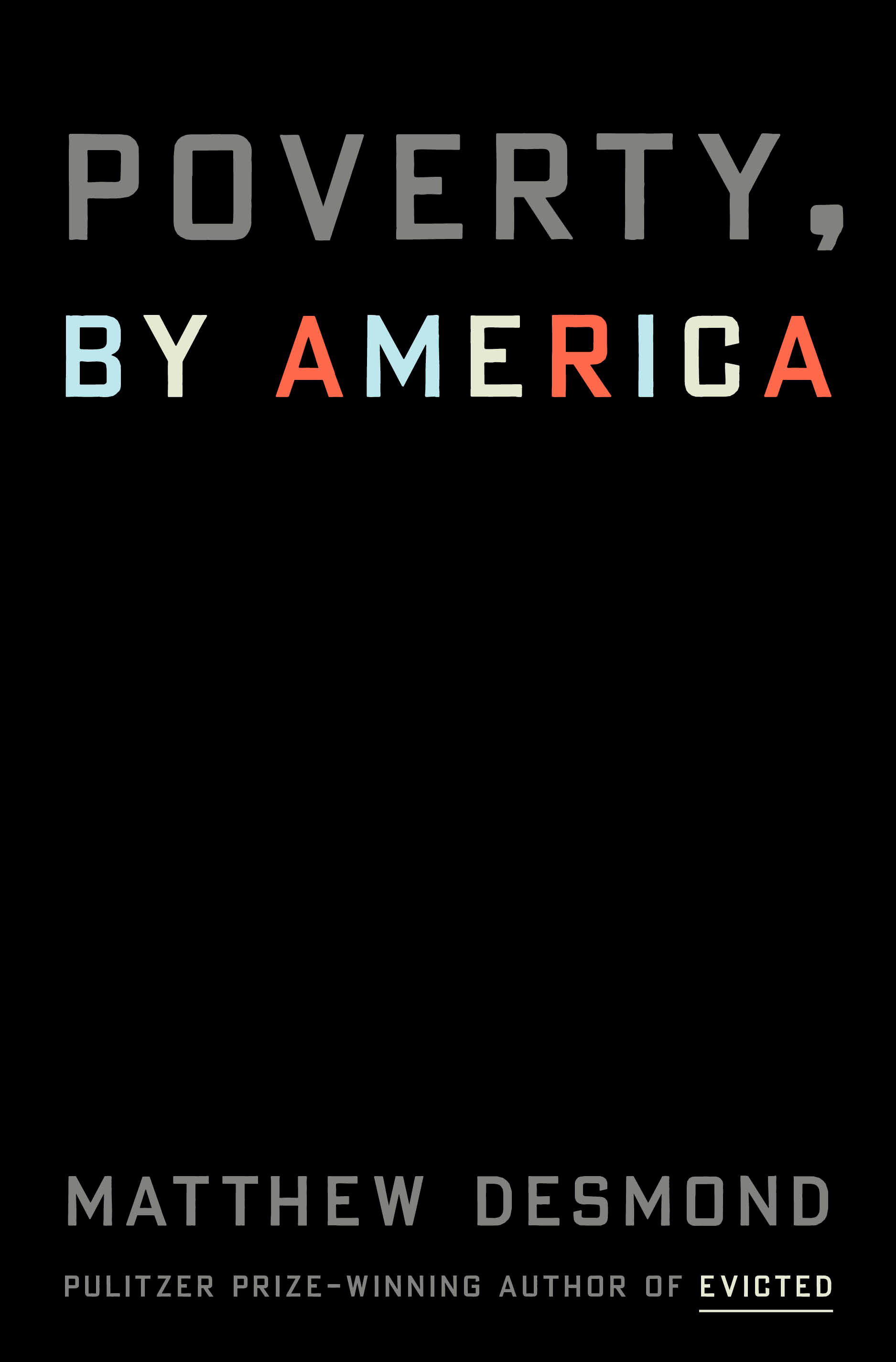
Poverty, by America
Book Description
Imagine a nation where affluence coexists uncomfortably with despair, where the comforts of privilege cast long shadows over the lives of the impoverished. In "Poverty, by America," Matthew Desmond immerses us in the heart of systemic inequality, unveiling the shocking realities faced by millions. With gripping personal stories and stark statistics, he reveals how society perpetuates poverty while calling for urgent action and accountability. This is not just a book; it’s a clarion call for justice and change. Will the people of affluence confront their complicity and transform their world into one that uplifts all?
Quick Book Summary
In "Poverty, by America," Matthew Desmond explores the persistent crisis of poverty in the United States, challenging the commonly held assumption that poverty is an unfortunate but inevitable product of modern society. Through statistics, interviews, and keen analysis, Desmond investigates the deliberate structures and policies that uphold poverty. The book interrogates how wealthy Americans, often unwittingly, benefit from a system that keeps others in poverty—through tax breaks, welfare programs structured to their advantage, and the maintenance of low-wage labor. Rather than merely exposing the hardships of the poor, Desmond calls for collective responsibility, urging readers to reconsider societal complicity and push for systemic change. "Poverty, by America" is both a fierce indictment of the status quo and a hopeful appeal for a more equitable future, rooted in empathy, accountability, and action.
Summary of Key Ideas
Table of Contents
The Intentional Creation and Maintenance of Poverty
Desmond opens the book by dispelling the myth that poverty in America is merely an unfortunate accident or solely the result of personal failure. He methodically argues that poverty persists because it is deliberately created and maintained. Through analysis of housing, employment, and education policy, Desmond shows how laws and economic structures are shaped to protect the interests of the affluent, often at the expense of the poor. He illustrates that poverty is not a marginal issue, but a direct product of decisions made by society at large.
How Privilege and Policy Sustain Inequality
The role of privilege and policy is at the book's core. Desmond traces the ways in which tax codes, subsidies, and even the design of welfare systems bolster the comfort of the wealthy while restricting opportunities for the poor. He contends that the middle and upper classes, consciously or not, benefit from cheap goods, services, and labor made possible by the suppression of wages and limited mobility for the poor. The book thereby shifts the narrative from blaming individuals to examining systemic advantages that sustain inequality.
The Human Face of Systemic Disadvantage
Crucially, Desmond humanizes his critique with vivid stories of families struggling under the weight of poverty. Personal testimonies reveal how policy decisions shape daily realities, from evictions to hunger to inadequate healthcare. These stories emphasize not just the economic, but also the psychological and emotional toll exacted by poverty. Desmond’s ethnographic background animates the statistics, showing that poverty is experienced as constant insecurity and exclusion.
Redistribution, Welfare, and the Illusion of Fairness
Desmond also interrogates the American approach to redistribution and welfare. He argues that many so-called welfare programs are structured less to uplift the poor than to reinforce notions of deservingness and to maintain the privileges of the middle class. Tax incentives, mortgage deductions, and other forms of indirect assistance flow disproportionately to those already well-off, while direct benefits for the poor are stigmatized and politically contested. The illusion of fairness and a safety net masks the reality of deep systemic bias.
Paths Toward True Social and Economic Justice
The book concludes by urging readers to recognize their own roles in perpetuating poverty, intentionally or not. Desmond asserts that ending poverty is possible if those with privilege demand systemic change and commit to lessening their own advantages. He calls for reforms in housing, wages, taxation, and social policy—urging Americans to become "poverty abolitionists." Rather than asking how to save the poor, the focus is placed on how society can stop making and maintaining poverty, underscoring a hopeful vision of collective action for justice.
Download This Summary
Get a free PDF of this summary instantly — no email required.


